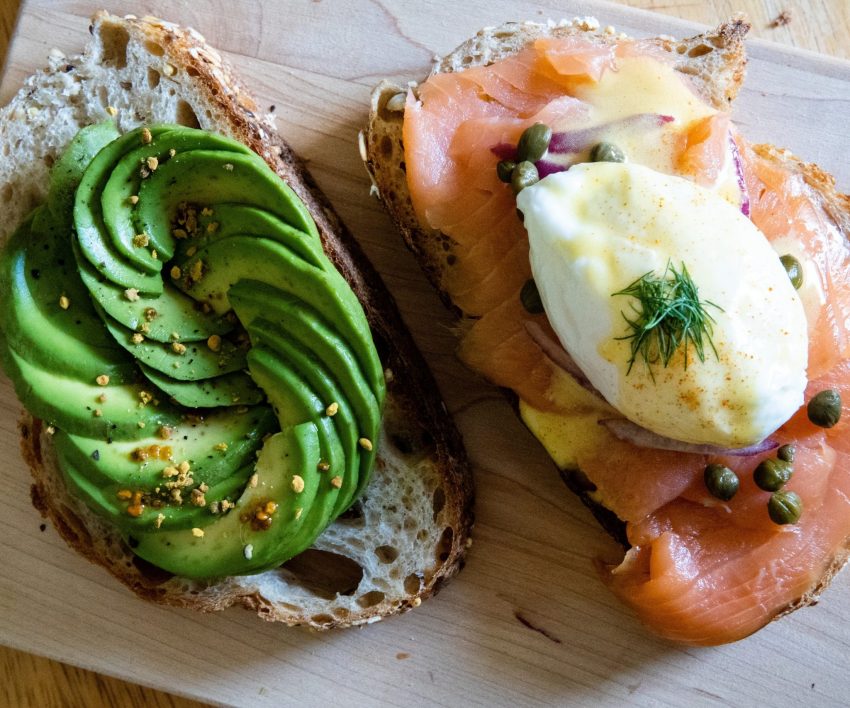
When it comes to foods, hearing the word “fat” being associated with “healthy” seems like quite the oxymoron.
Harvard’s Public School of Health notes that when it comes to dietary fat, what matters most is the type of fat you eat. Instead of adopting a low-fat diet, it is more important to focus on eating beneficial “good” fats and avoiding the harmful “bad” fats.
The public health school states that there are three types of fats:
- “Good” unsaturated fats – These include monounsaturated and polyunsaturated fats which have a lower disease risk.
- “Bad” fats – These trans fats have an increased disease risk, even when eaten in small quantities. Foods containing trans fats are mostly found in processed foods that are made with trans fat from partially hydrogenated oil.
- Saturated fats – Not as harmful as trans fats, saturated fats can negatively impact your health and are best consumed in moderation.
Below are five foods containing healthy fats by WebMD.
Avocados
This fruit is good for your heart, and, thanks to its healthy fats, it can also help with osteoarthritis symptoms. Avocados, eaten with other foods, helps your body better absorb its nutrients too.
Eggs
A large hard-boiled egg has almost 4.7 grams of fat, most from healthy fats. It is also a great source of inexpensive protein.
Fish
Naturally fatty fish such as salmon, mackerel, herring, lake trout, sardines, and albacore tuna are good sources of omega-3 fatty acids, a kind of “good” fat that keeps the heart healthy. It may also help keep the brain sharp as you age.
Olive oil
Although olive oil is high in good fat, one should always remember how much fat they consume. It is suggested that you should cook with less oil than a recipe calls for, or use an olive oil spray.
Seeds
Pumpkin seeds, sunflower seeds, and sesame seeds all have “good” fats that can lower cholesterol. In fact, fats that come from plants are healthier than those from animal products.
Also see: What to do after overeating




